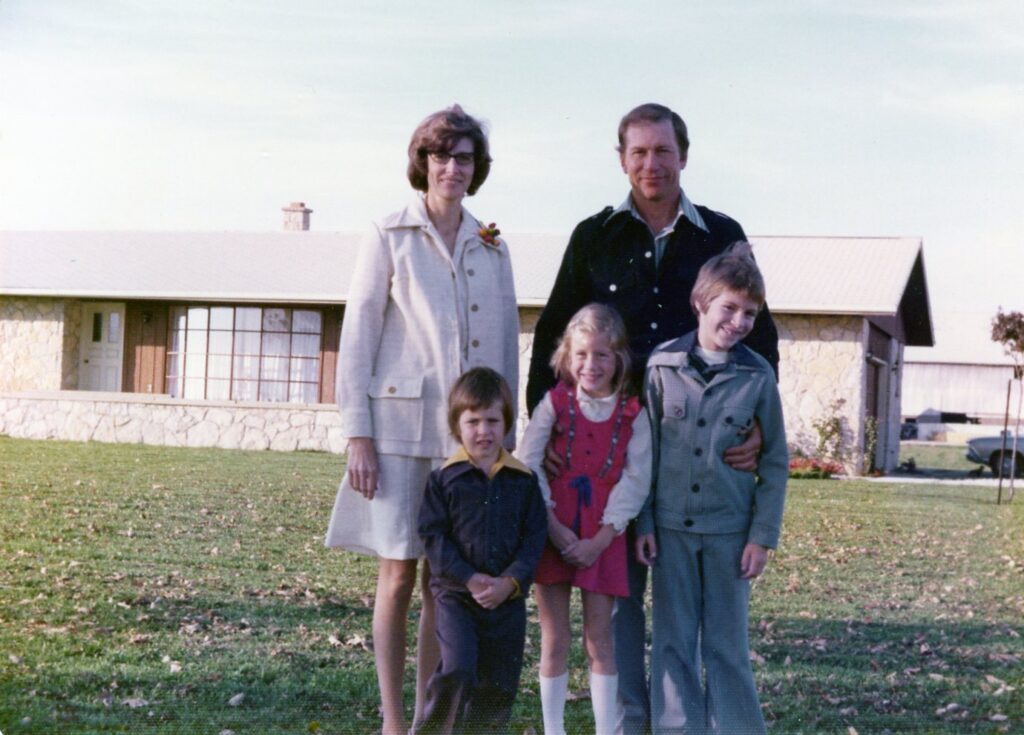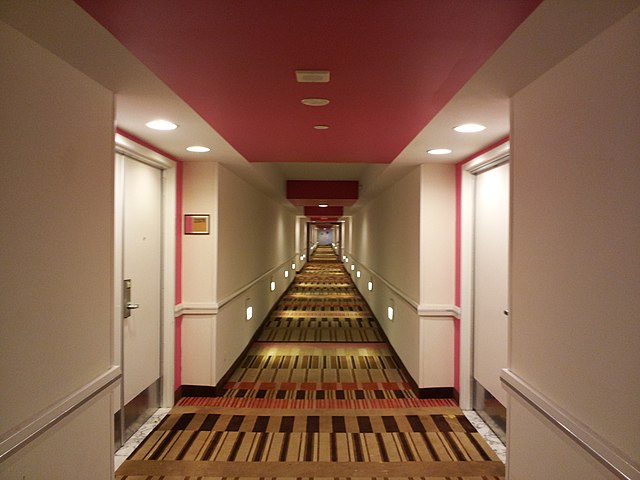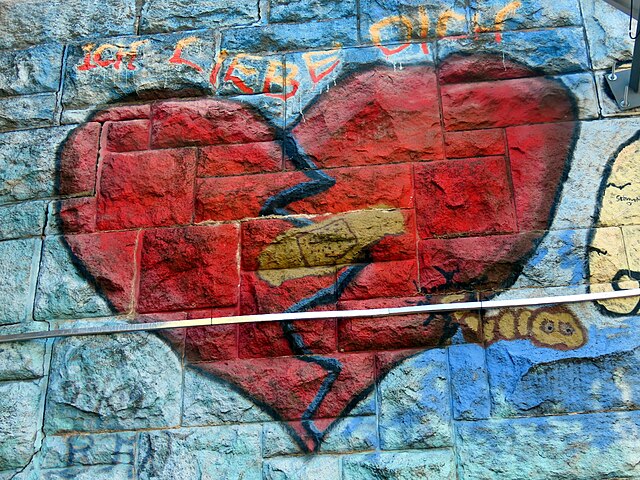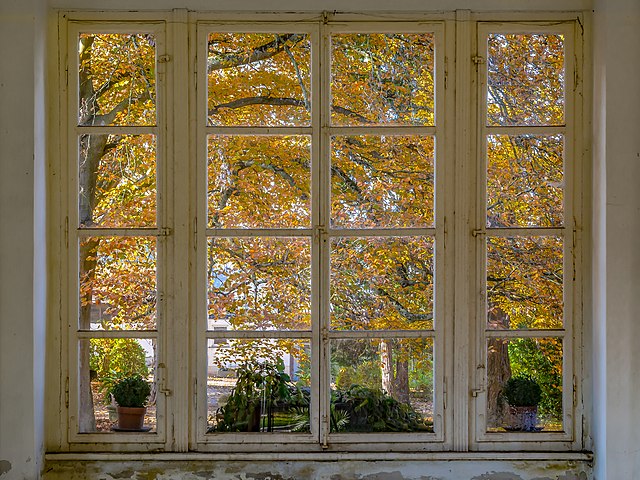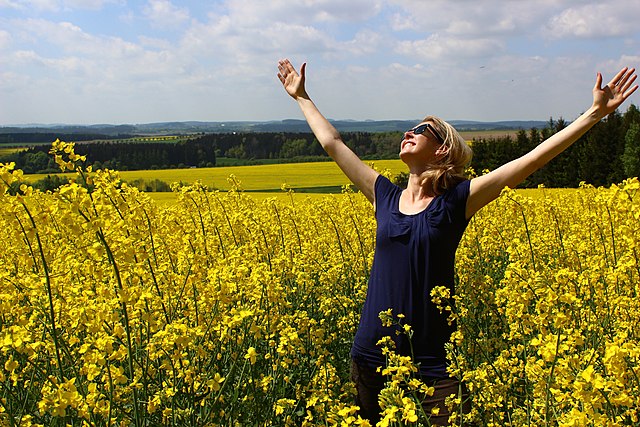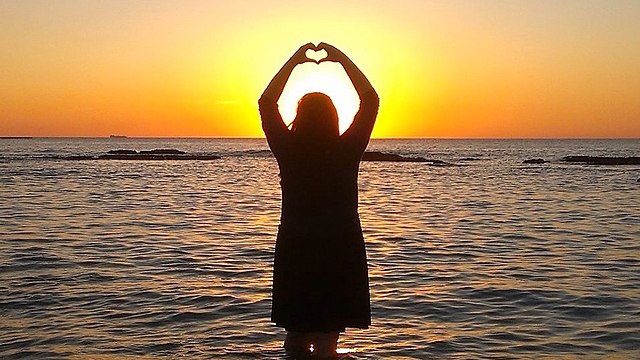
I can think of few things more beautiful than compassion.
Compassion heals us when we suffer and hurt. It is the balm that steadies us when we are lonely. It soothes us when we are angry.
Compassion is the remedy we need in these unstable and uncertain times.
So, how can we encourage ourselves to generate more of it? It might help to remember these 3 key benefits.
- Compassion energizes you. It makes you feel good.
You might have heard of compassion fatigue. It can happen to anyone in a helping profession, and is a common cause of burnout and early retirement.
But here’s the thing: there is no such thing as compassion fatigue.
This is empathy fatigue. Empathy is tiring. It requires you to put yourself in the shoes of others and to take up their feelings as you own. It has a searching and reaching quality to it. It requires effort. Others’ feelings can stay with you and drag you down. This can definitely create exhaustion.
But compassion is different than empathy. While the two feelings often occur together, empathy is tiring, while compassion is not.
Compassion doesn’t sit and marinate in feelings, as empathy does. It has an active quality to it. When we feel compassion, we take the difficult feelings of others and pour sunshine on them. We wish them well. We pray with sincerity. We hope for the best. Compassion is active. This sets it apart from empathy.
Research done in 2013 found that when meditators practiced feeling empathy for others, the brain’s areas for negative feelings were turned on. Empathizing for long periods of time was a struggle. By contrast, when the same meditators were told to practice compassion, it caused the areas of their brains that make dopamine and oxytocin to become more active. There was a positive emotional response that uplifted and energized. Practicing compassion was much easier.
Bottom line: empathy tires. Compassion uplifts.
2. You have an endless supply of compassion. You can’t run out of it.
Many people think that generating compassion is difficult. We fear we won’t have enough of it, so we become stingy, and reserve it only for those closest to us.
But the truth is, you have an endless supply of compassion. It’s an essential part of your being. You can’t run out of it.
You can see this natural capacity for compassion most easily in toddlers. They share easily. They give to others who are sad. They have open and generous hearts.
This is because of the mirror neurons in their brains – in our brains. Humans are profoundly social creatures and we learn by watching and imitating others. It is through these mirror neurons that we see and react to other’s emotions. It is how empathy evolved.
If we want to be happy, we soon learn that the other members of our tribe need to be happy too. So, if someone we know is in pain, we feel a natural compassion for them. We want them to feel better so we can feel better too.
Jack Kornfield is an author and meditation teacher. He describes compassion as a channel within us. Fear, anger, depression, and worthlessness can cover over this channel. They can cloud our ability to show compassion.
But our natural ability for compassion is always there. It sometimes becomes blocked, like the clouds covering a blue sky. But if we can work to keep our hearts open, by caring for others and noticing the beauty of the world around us, then our natural compassion will flow through.
So, please don’t worry about portioning out your compassion. Your heart is rich with it, as long as it remains soft and open.
3. Compassion occurs when love meets pain.
By definition, compassion arises in response to the difficulties of others. This means that, without pain, there can be no compassion. I find this incredibly moving.
Luckily, life has no shortage of pain and difficulty. No one, neither rich nor poor, is exempt from it. This means you can spread your compassion widely to everyone you pass by on the street. You always know it is going to a deserving place because we are all struggling with something.
But this is also why compassion must start with you. Too often, we compare our hurts, thinking that some people deserve more care than others. But there is no ranking system with pain. It just is. A sore heart is a sore heart, no matter the size of the hole within it. This means there is no greater recipient of compassion than you, yourself.
So, be sure to show yourself as much compassion as you can. And know that when you show yourself more compassion, it’s easier to spread it to others.
As you move forward in your life today, please remember these 3 things about compassion:
- It can’t tire you.
- It’s impossible to run out of it because it is intrinsic to your being, and,
- The person most deserving of compassion is yourself. You can travel the whole world and experience pain from all corners. But in the end you will find there is no one more in need of your own compassionate heart than yourself.
Now, go out and be compassionate! Shower compassion on others, but especially on your own tender being. Wish others well. Pray to ease their suffering. Hope that all will understand their own worth. And then, notice how much better you feel.
The world is hard, but it doesn’t have to be. Compassion makes it softer. For both yourself and the other hurting souls within your midst.

